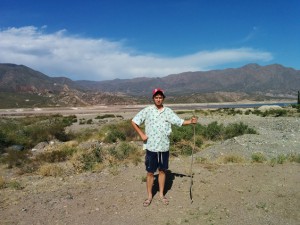Two years later and not a day goes by that I don’t think about my time in the Oregon State Penitentiary. As the youngest of the group, I was in under special circumstances. Looking back now, I know without a doubt that I was supposed to be there.
I had been chosen to participate in one of University of Oregon’s most unique and special programs, Inside-Out, headed by our own fearless CGO leader, Professor Shaul Cohen. Every Monday 11 others and myself, all students University of Oregon, students drove the 60 miles to spend our evening in class in the Oregon State Penitentiary (OSP) in Salem. We voluntarily checked ourselves into OSP once a week for “GEOG 410: Geography of Inequality” not to learn about the criminal justice system, but to learn with our criminal justice system and in the end to learn from it. We came to learn alongside men who experienced such a radically different social system from our own.
The truth is, I ended up learning so much more from the men at OSP. From forgiveness, to perseverance, to redemption, to despair our Shaul-style “wagon wheel” exercises left all of us discovering the strengths and shortcomings of our respective societies beyond the covers of our assigned readings. I have never so clearly understood the coexistence of justice and injustice as I did during those days in the Oregon State Penitentiary. I have also never so fully questioned these terms.
Perhaps the pinnacle of this questioning came when we took a tour of the prison grounds. It was surprisingly easy to forget where I was and I found myself enjoying getting to see the places my “inside” classmates had told me stories about. I still have the price sheet from the small store in the prison taped into a page in my journal. But this Disney world attraction came crashing down as we approached the execution chamber in the Death Row block. I felt my knees go weak and tears stream down my face as my body refused to let me inside the room where so many lives were taken in the name of justice. But it was justice… right?
Even today, my mind floats to Ray Hinton. One of many men in the past decade to be exonerated of a crime they didn’t commit because of DNA evidence. Justice almost sent these men to the execution chamber similar to the one I was standing outside of that day. That day, I knew I had to choose. I had to choose how I would define justice in my life, how I would let others define justice around me, and how I would treat those who “justice” told me to hate. I don’t think I’ll ever forget that moment.
Each Monday that winter, in a small corner of the maximum security prison, 12 U of O students and 12 Oregon State Penitentiary inmates convened in the prison library. We read books, wrote essays, shared experiences, debated, laughed, and (if you’re me) cried.
On the last day of class, I walked out of OSP with nothing more than a bound collection of my classmate’s favorite essays, our letters to the class, and a single photo of the men and women who changed my perspective on life forever. That was actually all I had in my hands. I felt like I had been simultaneously filled and drained of everything else I thought I knew. I was emotionally exhausted and yet at the same time completely recharged. I suppose the best things in life do that to you.
Ironically, I found freedom behind the bars of Oregon’s maximum security prison. Freedom from unmerited fear of those different than me and freedom from accepting the status quo as the gospel truth. It took me going to prison for me to truly learn about justice. And what I learned was not to look for justice solely from criminal justice system, because you will be sadly disappointed.

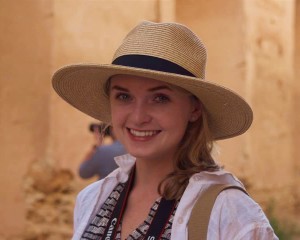
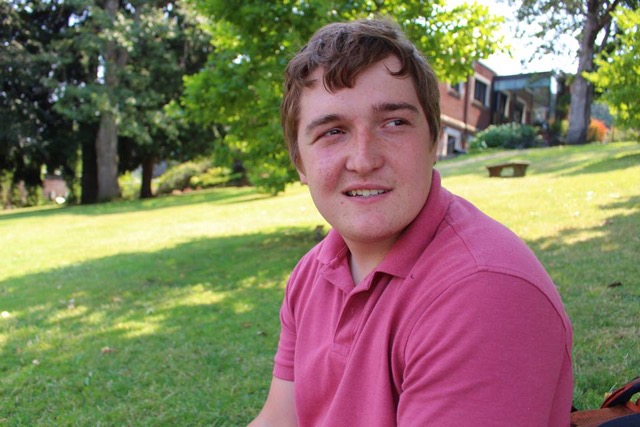
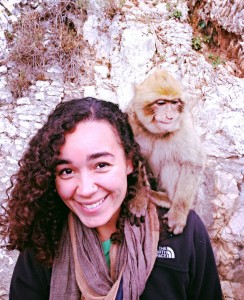
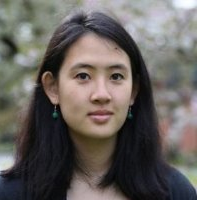 Surprisingly, my time in the Carnegie Global Oregon Ethics Program has taught me very little about ethics. Instead, I attained a better understanding of leadership.
Surprisingly, my time in the Carnegie Global Oregon Ethics Program has taught me very little about ethics. Instead, I attained a better understanding of leadership.